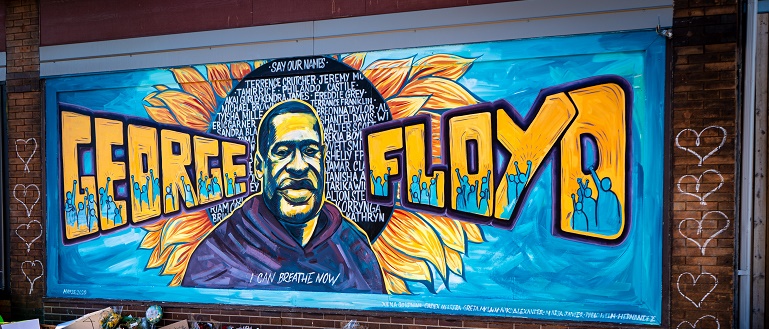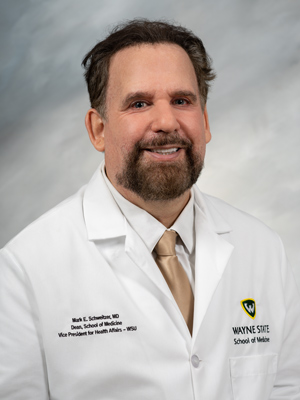
It has been one year since George Floyd’s death at the hands of Minneapolis police officers. The brutality and callousness that we saw in the citizen video of his death rightly shocked our nation, but, sadly, other Black Americans have died at the hands of police in the year since Floyd’s death.
The stark fact is that Black American men are nearly 2.5 times and Black American women are 1.4 times more likely to be killed in interactions with police than their white counterparts.

While the pattern repeats, the reaction to these deaths – and its endurance among many segments nationwide – seems to offer glimmers of hope for change. Greater numbers of us are now paying attention and demanding action and change. A reckoning in policing is underway.
Racism is a disease, and our vocation as physicians and physicians-in-training is to fight disease, no matter the form, no matter where we find it. We have a duty – an ethical and medical duty – to recognize and bring an end to the discrimination intrinsic in our systems that allow these senseless tragedies to continue. We can do our part by first realizing the biases, both in everyday life and in medicine and medical education, and then addressing them.
Health care providers – particularly those who educate upcoming generations of physicians – must teach the history of racism in medicine and health inequalities. It is incumbent upon us, as health care advocates for our patients, to develop and push for policies and practices to address and eliminate health care disparities in all forms.
While it is true that the arc of the moral universe is long and bends toward justice, today’s younger generations of medical students are shortening the length of that arc. Long gone are the days of medical education in which elderly white men dictated down to generations of meek and cowering medical students. Today’s students are not asking for a voice in medical education and how they are taught, they are demanding it. Students of color are joined by their white colleagues in demanding not only a reckoning with medicine’s past, but a new way of looking at and teaching medicine.
These demands are taking place at medical schools across the nation. They are not simply bubbling up through the ranks. They have the tectonic force of a volcano and are reshaping medical education, and doing so for the better of all Americans.
We all have the strength within us to combat racism wherever we find it. It requires of us our awareness, our will and our passion. We owe this to our patients, to medicine and to our nation.
Mark E. Schweitzer, M.D.
Vice President, Health Affairs
Dean, Wayne State University School of Medicine